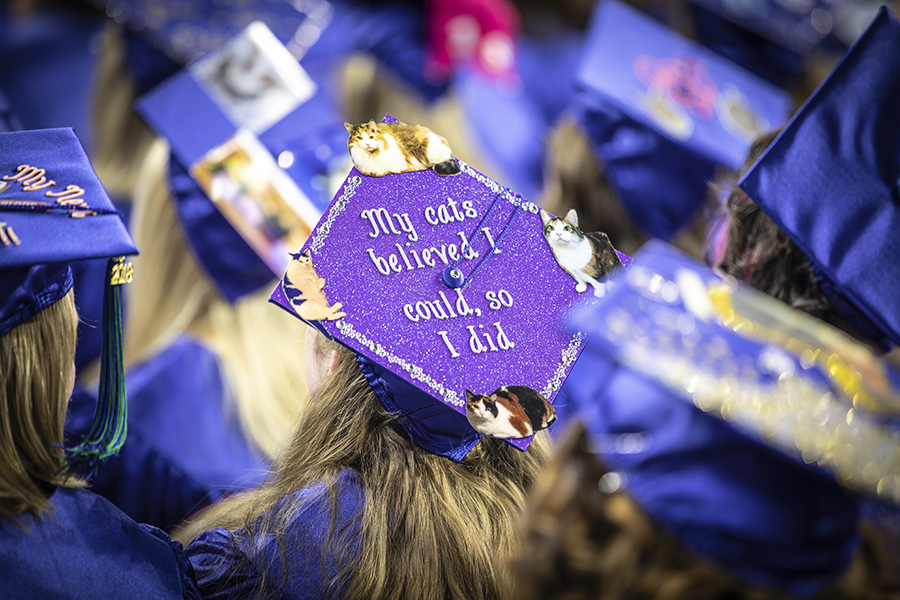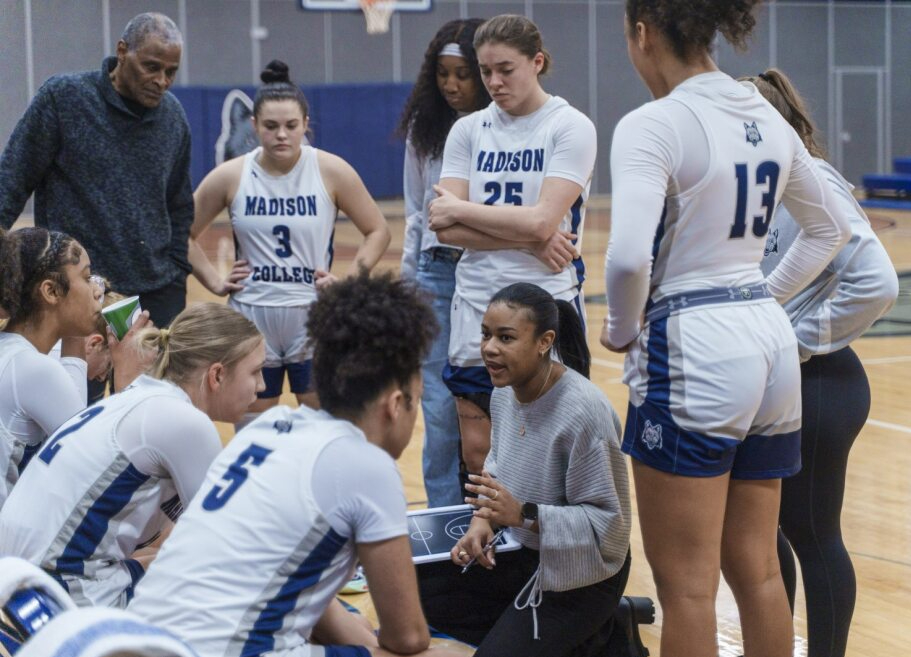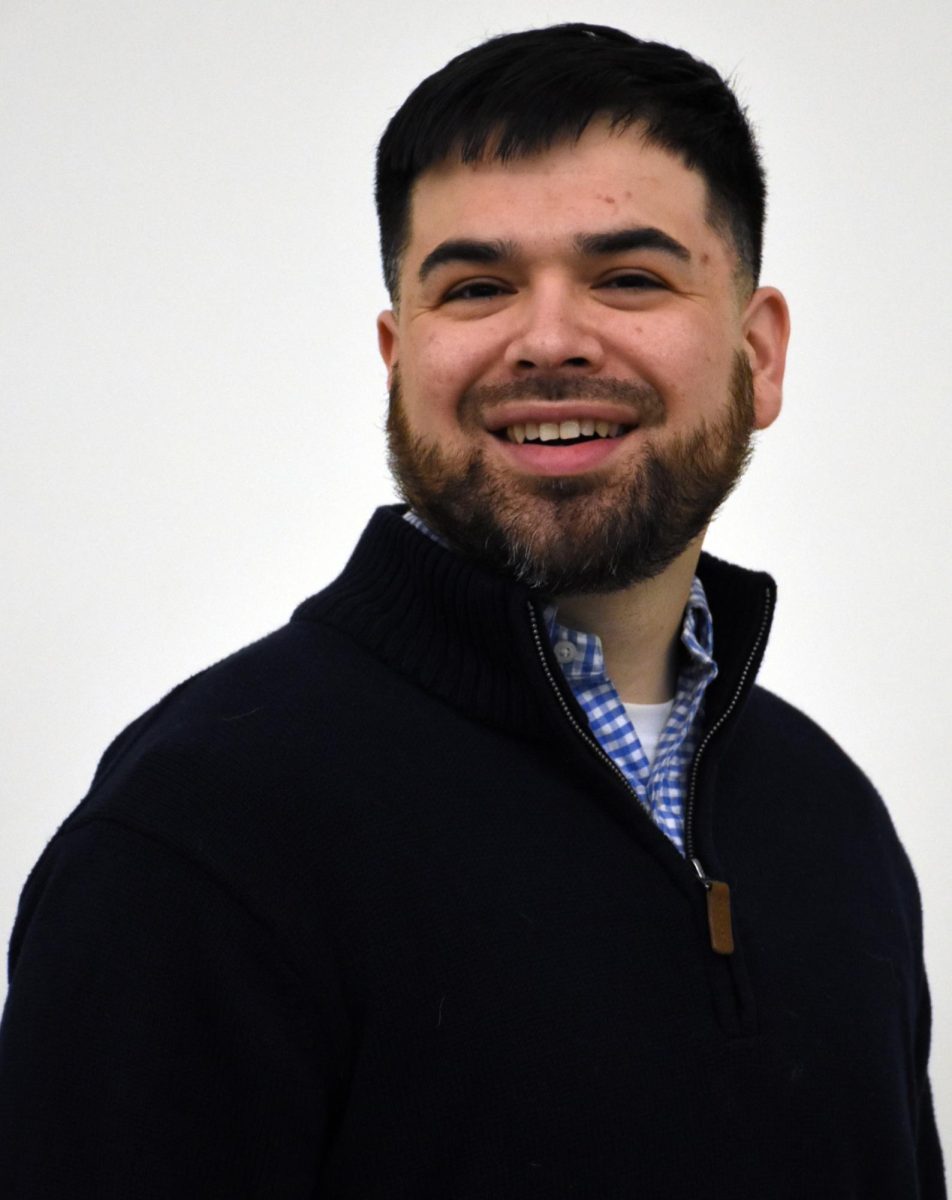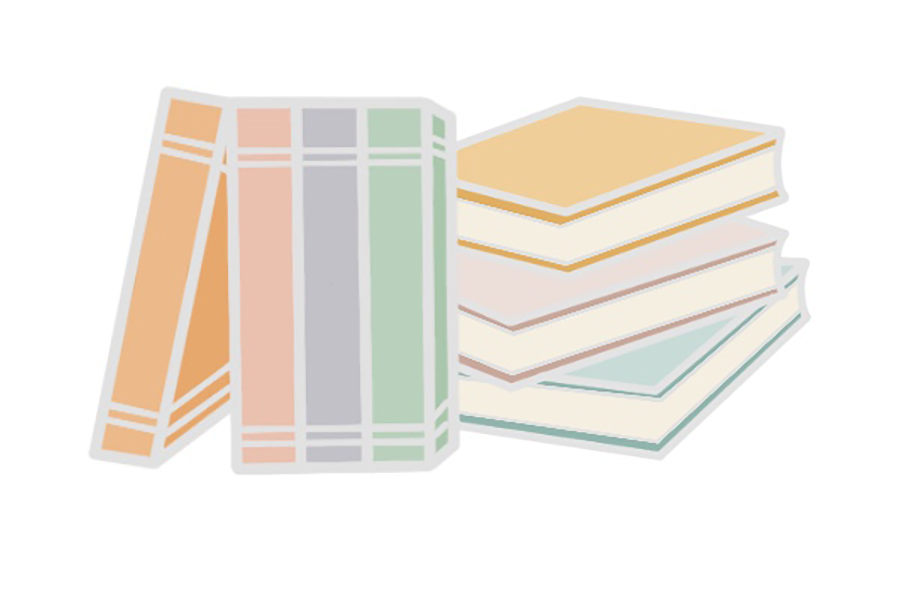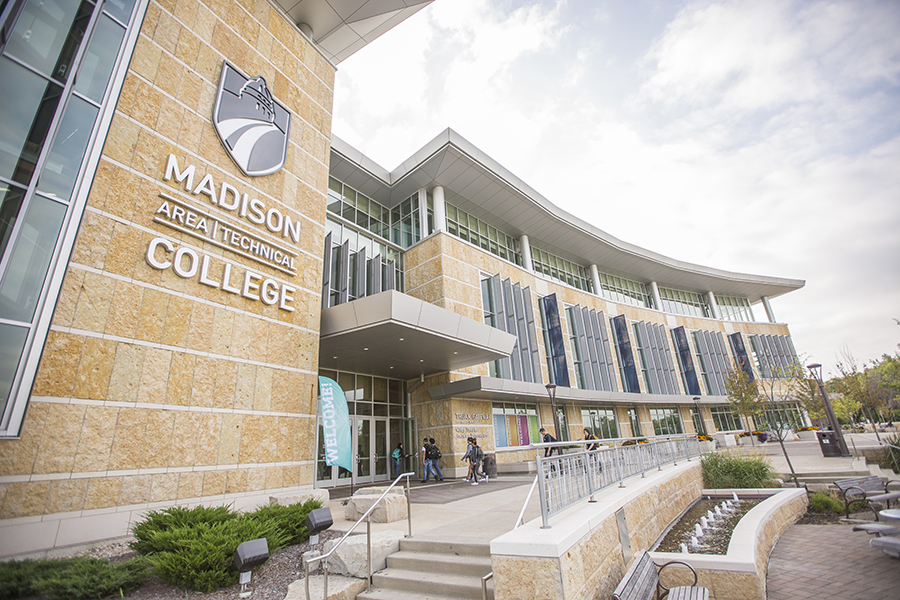Learning to rely on yourself
Relying too much on others can limit your individual growth and development
March 5, 2015
A sage is defined in the dictionary as “a profoundly wise person.” Most people have someone they would consider their personal sage, or someone that they turn to for guidance. It could be a teacher who struck a chord, or an easygoing manager at work, a mentor, a therapist, a parent or maybe even a sponsor.
This archetype is also very easy to identify in the entertainment industry, for where would any of us be without the wise words of Dumbledore from “Harry Potter” or Mr. Feeny from “Boy Meets World.” As a society, we are very keen on self-help, and making a living off of being a life coach or “guru” has become a fairly easy thing to do. In fact, the self-help genre is one of the most profitable branches of the publishing world. It is clear that we are in a state of self-improvement, advice-hoarding and truth-seeking. While this is admirable at best, I believe it might be detrimental to our collective spiritual growth as a species at worst.
I recently started a book called “Add More Ing To Your Life: A Hip Guide to Happiness” by Gabrielle Bernstein. I would consider her to be a guru of mine, as I “follow” her eagerly, and always turn to her videos when I need a little inspiration. I’m barely 30 pages in, and I already know that I won’t finish it. For some reason, as I’m reading this book, something inside of myself feels out of focus. Yes, she has some glorious ideas and insights into spirituality and love, and I have utilized her advice to improve my life. However, the more I read her tips, tricks and anecdotes about how to lead the best life possible, the less connected I feel with my own.
As an enthusiastic pursuer of advice, whenever I have a dilemma, my initial reaction is to turn to the closest person to me and get their take on it. I devour memoirs and interviews of people such as Lena Dunham and Zadie Smith to try to figure out how they got to where they are, and to compare my life to theirs. I get discouraged when I see that my path is not playing out the same way theirs did. “Zadie had her first book published at 21. I’m 21…I’m so far behind,” or “Lena went to Oberlin College. I can’t afford a college like that so how am I supposed to foster my creativity?” are common things that run through my mind.
I’ve recently realized that this is not the way I want to go through life, and it is not any way to discover my own path. When I take in opinions and suggestions from this person and that person, I start to feel like I’m a soccer ball being kicked around between players. If I compare my path to others’, I will always feel that I am doing something wrong. If I always ask other people, I stop asking myself. At the end of the day, nobody knows what’s best for anybody but themself, for we all perceive situations through the filters of our experience and bias. Should we not all be our own guides?
While the sage characters in print and screen have some brilliant gems of wisdom to offer, the problem is that we rarely see the main character come to an important insight or intuition on their own. The catalyst for decision-making usually comes from an external source. This perpetuates a sort of myth: that there will always be somebody older and wiser around to offer perfect advice at the perfect time. This is not the case.
Rarely is there a person whose suggestion would work just as well for someone else as it would for them. The right next step for one person is not the right next step for another. It is a positive thing to have guidance, feedback and encouragement; but when someone else’s voice drowns out your voice, that is a major problem.
Additionally, as well intentioned as many coaches, therapists and self-help gurus may be, if they are not ultimately leading you down a path that ends with you no longer needing them, then they aren’t doing their job. Many relationships between the guider and the guided become dependent in a way that is not healthy or set up for optimum growth. Feeling the need to check in with another person before making most, or all, important decisions in life becomes a sort of addiction and excuse to not step into your full potential. Concurrently, those in positions in which they are coaching a lot of people may be feeding their own insecurities and nurturing the co-dependent relationships to make themselves feel more important. At its worst, this can lead to illusions of grandeur, abuse of power or cult followings.
So the next time you have a dilemma, I urge you to give this a try: Sit with yourself in the quiet, away from all external influence, close your eyes, open your mind and see what solutions arise. What feels “right” to you? What feels like the natural answer? What seems like common sense now that didn’t before? It may take some time for anything to surface, especially if you’re used to turning outward constantly instead of inward, but that’s OK.
Once you know, you’ll know. Your inner guide leaves no room for misinterpretation, as long as you’re asking it clear enough questions. And once you have that answer, notice how bright and solid it feels compared to all of the hazy, unstable suggestions from others that you found so compelling before. How you feel when you’re utterly alone is the truth; it is your truth. That voice that speaks up in the silence is your inner guide, and it’s the only one you need.
But hey, you don’t have to listen to me either.
















